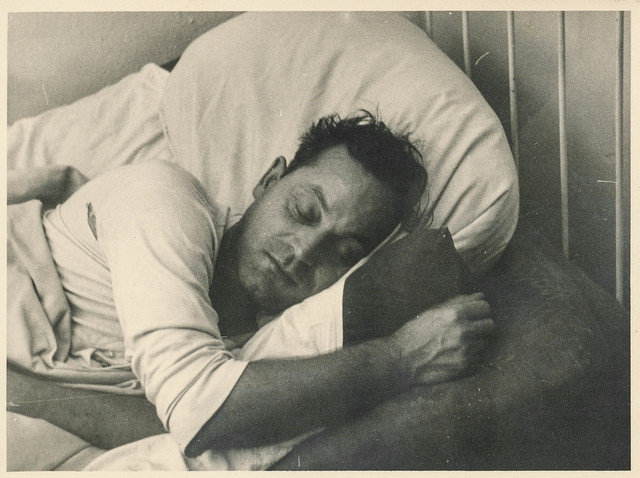Having an extra hour of sleep may do you good according to a recent study on the effects of lie-ins on people. This only extends to women though, since too much sleep for men can have the opposite effect.
A study published in the Journal of Clinical Endocrinology and Metabolism looked into the link between lie-ins and risk of diabetes among people. Researchers found that women who sleep for more hours have less chance of having diabetes. On the contrary, men who snooze until the afternoon or even just for a few minutes more, run the risk of getting the disease.
The study involved 800 healthy people of both genders. Researchers observed "sex-specific relationships between sleep duration and glucose metabolism." Dr. Femke Rutters, from the VU Medical Centre in Amsterdam, says too much or too little sleep in men resulted to a weak response of the body's cells to insulin, which then reduced glucose uptake. This puts the men at higher risk of developing diabetes in the future. Meanwhile, researchers found no such association in women.
Aside from its effect on glucose metabolism, previous studies also show a link between lie-ins and mortality risk. A survey involving 38,000 adults shows that those who sleep shorter hours on weekdays but have weekend lie-ins had no raised mortality risk, compared to those who sleep for six to seven hours every night.
This 1997 study conducted throughout Sweden and published in the Journal of Sleep Research followed the subjects for up to 13 years. It used the national death register to determine mortality risks. Other factors taken into account included gender, shift work, body mass index (BMI), physical activity, and smoking.
The result showed that those under 65 years old who got five or fewer hours of sleep weekly had a 65 percent mortality rate compared to those who get six to seven hours. Surprisingly, there was no increased mortality risk for those who slept few hours during the week but slept eight hours or more during the weekend. Weekend lie-ins then become a form of catch-up sleep.
Regardless, the important thing to remember is that sleeping for both long and short hours can have both positive and negative effects on health. Someone who sleeps for more than eight hours and still feel sleepy may have an underlying health condition, while those who sleep less can develop serious mental and physical health problems in the long term.






